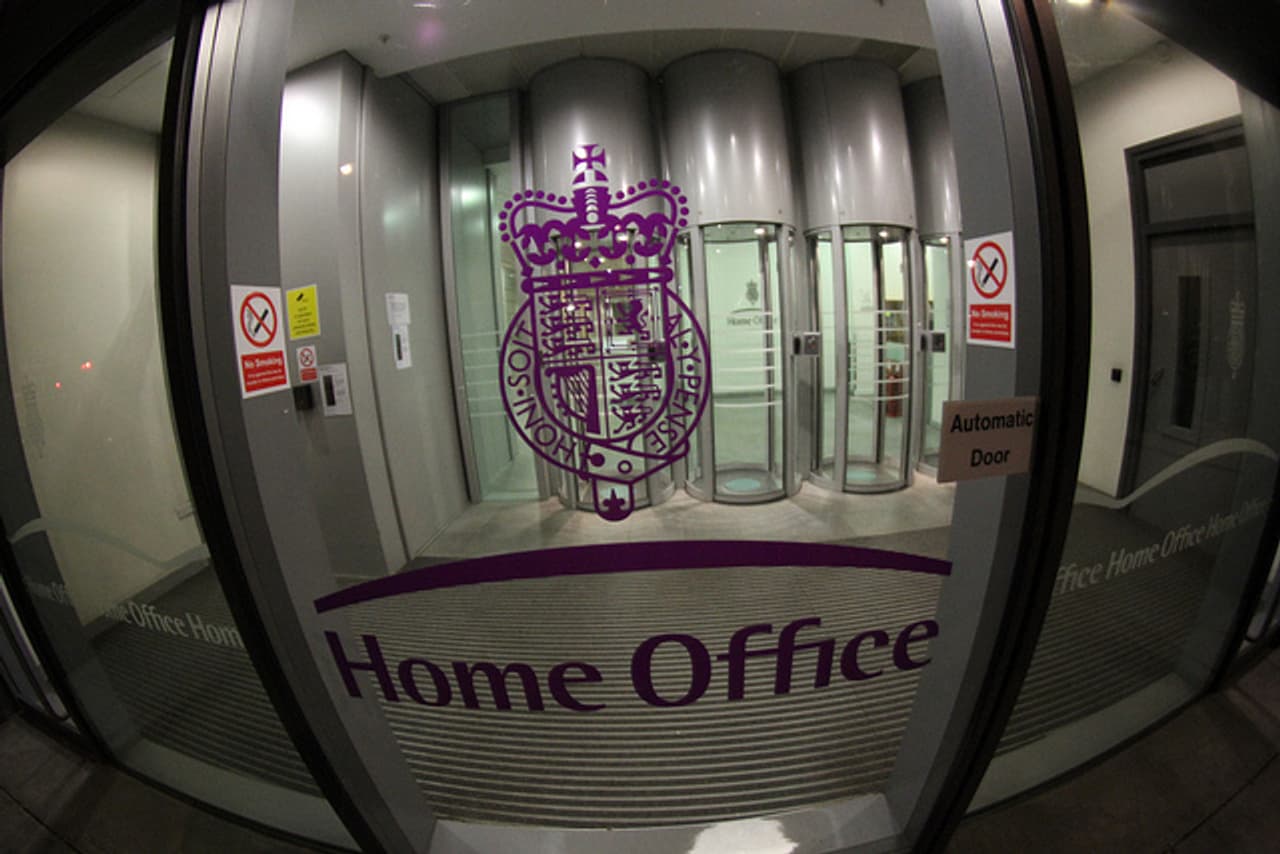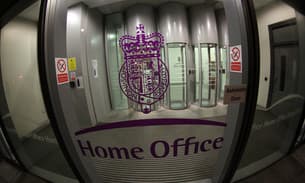
A summary of the Bureau’s application to the European Court of Human Rights
The Bureau of Investigative Journalism has made an application to the European Court of Human Rights asking the court to rule on whether UK legislation adequately protects journalistic communications from government mass surveillance programs.
The case was filed in the court on September 12 2014. Lawyers working on the case include Gavin Millar QC at Doughty Street Chambers, Conor McCarthy at Monckton chambers and Rosa Curling at Leigh Day solicitors.
The Bureau will publish all documents related to this case in due course.
Below is the summary of the case:
1. The application by the Bureau of Investigative Journalism (“BIJ” or “the Bureau”) and Alice Ross, an investigative reporter who has worked for the Bureau, raises important issues regarding journalistic free expression, the protection of confidential journalistic communications and the mass scale interception of communications in the United Kingdom under the Regulation of Investigatory Powers Act 2000.
2. The present application arises from the substantial body of information which has now come to light indicating that communications deemed “external communications”[1] for purposes of the Regulation of Investigatory Powers Act 2000, are subject to mass scale interception, collation, storage and analysis by government agencies in the United Kingdom, notably Government Communications Headquarters (“GCHQ”). Furthermore, it is now apparently that the interception, storage and analysis of data concerns not only communications content but also includes “meta data” (e.g. data about communications). Importantly, technological advances in recent years mean that such metadata can be used and exploited in a way that is every bit, if not more, intrusive of confidentiality or journalistic free expression as the interception of, for example, the content of journalistic communications. This is because metadata can be subject to hugely powerful computer programmes which collate, link analyse and synthesise masses of data, enabling a sophisticated picture to be developed of an individual or organization’s network of contacts, sources, lines of enquiry as well as materials, subjects and persons of interest to them. Without rigorous and effective legal safeguards, it is plain that the use of these powerful technologies may now fundamentally undermine journalistic free expression in a way that could not previously have been envisaged.
3. The interception and exploitation of journalistic communications in this manner, in the absence of proper safeguards, may undermine the confidentiality of journalistic sources, materials and information, a necessary and basic precondition for press freedom in a democratic society.[2] The threat to journalistic freedom of expression from mass interception of external communications is all the greater where journalists, such as the present applicants, are covering sensitive matters touching on issues of national security, counter terrorism or sensitive aspects of foreign policy. Here investigative journalism often relies heavily on human sources or data and material located outside a single jurisdiction. The Court has held on many occasions that it is “incumbent on the press to convey information and ideas on political issues, even divisive ones” (Ozgur Gundem v. Turkey, Merits, Application No. 23144/93 [§ 58]; and Lingens v. Austria, (1986) 8 EHRR 407 [§ 41]). By much the same token, it is also incumbent on journalists and the free press to report on matters which may be very sensitive, including matters touching on national security or the conduct of international affairs. Surveillance practices which inhibit the ability of the press to investigate and report in these areas call for careful scrutiny.
4. As detailed in the main body of the Claimant’s application the Applicants submit that the requirements of Articles 8 and 10 of the Convention are not satisfied by the United Kingdom’s legal framework for the interception of external communications and communications data (or “metadata”). The Applicants bring the present challenge in light of the press revelations, in the United Kingdom and across the world, about mass scale interception and surveillance of electronic communications by the United Kingdom’s Government Communications Headquarters (“GCHQ”) both for use by the United Kingdom’s intelligence services and for dissemination within government. The mass scale interception of data (both content data and metadata) is conducted using, inter alia, the Tempora programme and a range of other covert mechanisms. These programmes, mechanisms and capabilities are described in detail by Doctor George Danezis of University College London, Department of Computer Science in his witness statement.
In short, the Applicants submit:
a. First, that the conduct of the United Kingdom in relation to the soliciting, receipt, search, analysis, dissemination, storage and destruction of interception data in respect of “external communications”, in particular with regard to their impact on journalism and newsgathering organizations and their privileged information and communications, is incompatible with Articles 8 and/or 10 ECHR;
b. Secondly, that the conduct of the United Kingdom in relation to the soliciting, receipt, search, analysis, dissemination, storage and destruction of communications data (“metadata”), is incompatible with Articles 8 and/or 10 ECHR, with particular regard to its impact on journalism and privileged or confidential journalistic information including sources.
5. The Applicants therefore seek declarations that their rights under Articles 8 and/or 10 of the Convention have been violated and that the legal framework of the law of the United Kingdom in respect of the interception of communications under Section 8 RIPA 2000 and/or the legal framework pertaining to the interception of communications data under UK law does not comply with the requirements of the Convention in the respects set out above and costs.
[1] Section 20, Regulation of Investigatory Powers Act 2000.
[2] Godwin v. the United Kingdom (1996) 22 EHRR 123, [§ 39].




